All athletes are aware of the importance of dietary protein, but not all are aware why. With the launch of our new protein powders, we decided to answer all of your questions about the effects of protein on endurance performance. What does science say about the role of protein in athletic performance? How does protein affect athletic performance? How much protein do you really need? All your questions will be answered in this article!
Why protein is important for athletes
Protein is one of the 3 macronutrients in our diet, along withcarbohydrates andfat. Your body uses protein for a variety of functions: to make enzymes and hormones, to build bone and skin, and to build and repair muscle tissue. When we eat protein foods, our body breaks it down into smaller units, called amino acids, which can be used to create new proteins where needed.

The reason protein is so important for athletes is it provides the amino acids that the muscles need to rebuild and repair themselves. Athletes expend more energy than the average person and so their bodies need additional nutrients to help recover from intense exercise. Additionally, strenuous training results in inflammation and tearing of muscle tissue. Extra dietary protein, since it plays an important role in repairing and strengthening muscle tissue, is then important in the recovery process for athletes after a training session.
To learn more about the structure and function of protein, clickhere!
How protein affects athletic performance
After a hard workout, you create micro-tears in your muscle. This muscle damage prompts a repair process where certain hormones, along with protein, synthesize new cells which are used to repair the damaged muscle fibers. When the tears recover, your muscle grows and becomes stronger. Basically, dietary protein provides the building blocks for your muscles which helps repair damaged muscle tissue and increase muscle repair and synthesis.
What happens when you are protein deficient
When you aren’t getting enough protein in your diet, you may experience fatigue, edema, muscle pain, and difficulty with healing. However, it is quite uncommon for those in developed countries to have protein deficiency. Protein deficiency is much more prevalent in developing countries where it can result in growth disorder in children and adolescents.
Recommended daily protein intake
Whether you are a long distance swimmer, an ultra-marathoner, or a body-builder, athletes need to eat larger amounts of daily protein to maintain their higher muscle mass. Research shows that1.3-1.7 grams of protein/kg body weight is the recommended protein requirement for athletes. This means that if you weigh 70 kg, you should consume anywhere between 91-119 grams of protein each day. Bodybuilders looking to gain weight and muscle should be aiming for the higher end of this range while endurance athletes should aim towards the lower end.
For the average active population,0.8-1.0 grams of protein/kg body weight is sufficient.
When to consume protein
There are all sorts of claims on when you should be consuming protein, so when do you really need it? For optimal recovery after a workout, it is recommended to consume 0.3 grams of protein/kg of body weight during the first 30 minutes post-exercise. This means that a 70 kg individual would need 21 grams of protein. For every 3-5 hours afterwards over multiple meals, another11-23 grams of protein is recommended. Before sleeping, getting in0.6 grams of protein/kg of body weight can help prolong the duration of muscle protein synthesis since protein consumed before bed is more effectively digested and absorbed.
With all this said, the timing of your protein intake may not be as important as adequate intake of protein. At the end of the day, make sure that you are feeding your body enough in general instead of the exact time.
Which protein is best for endurance athletes?
Not all proteins are created equally. We know that it is not simply the quantity of protein consumed but also the quality of protein that matters for muscle health and function. So what is considered high quality protein?
High quality proteins, otherwise known as complete proteins, contain all of the essential amino acids and are rich in BCAAs, or branched-chain amino acids. For plant-based athletes, it may be hard to incorporate rich amounts of complete protein in the diet, which is why Näak developed avegan protein powder packed with high-quality protein and BCAAs to help build and repair the muscles.
For entovegans,cricket powder contains high-quality protein, which is why ourchocolate protein powder is a blend of soy, pea, andcricket protein. Soy and cricket protein are highly digestible and contain all of the essential amino acids, meaning that they areconsidered among the highest quality proteins for consumption.
In conclusion...
Remember that when you’re looking at your protein requirements, it’s important to look atholistic eating patterns: simply eating large amounts of protein does not equate to better performance. Having a balanced diet with adequate amounts of carbohydrates and fats is critical for your body and health, and can ensure optimal muscle growth.

If you discovered Näak Protein Powders in this article and would like to try them, don't hesitate any longer, find all our products here!


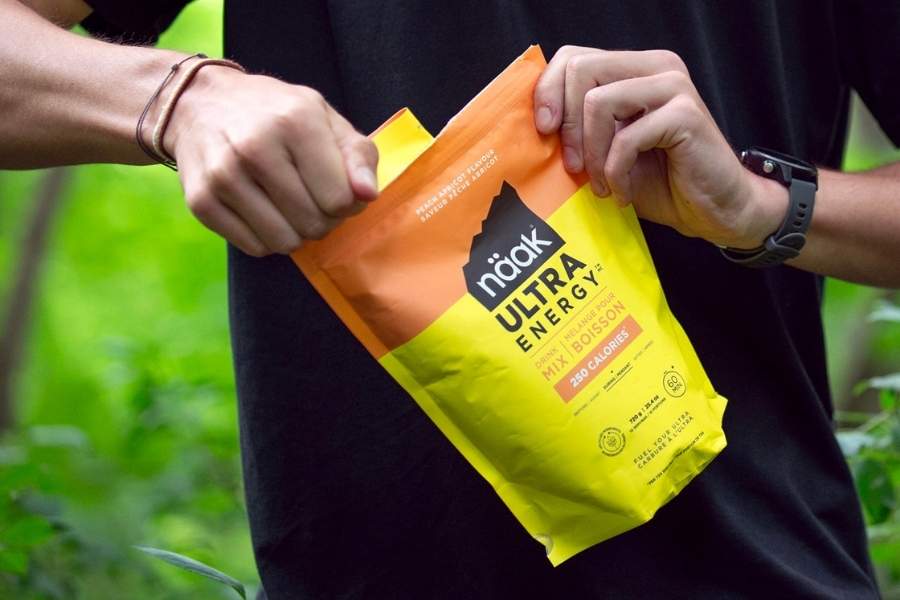
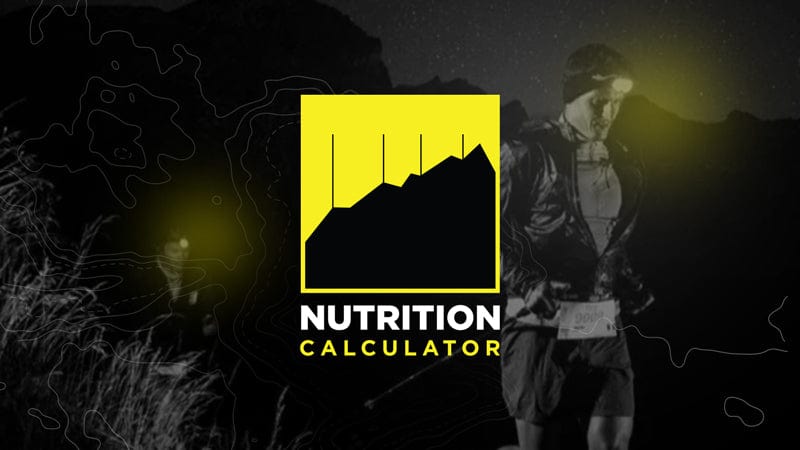




















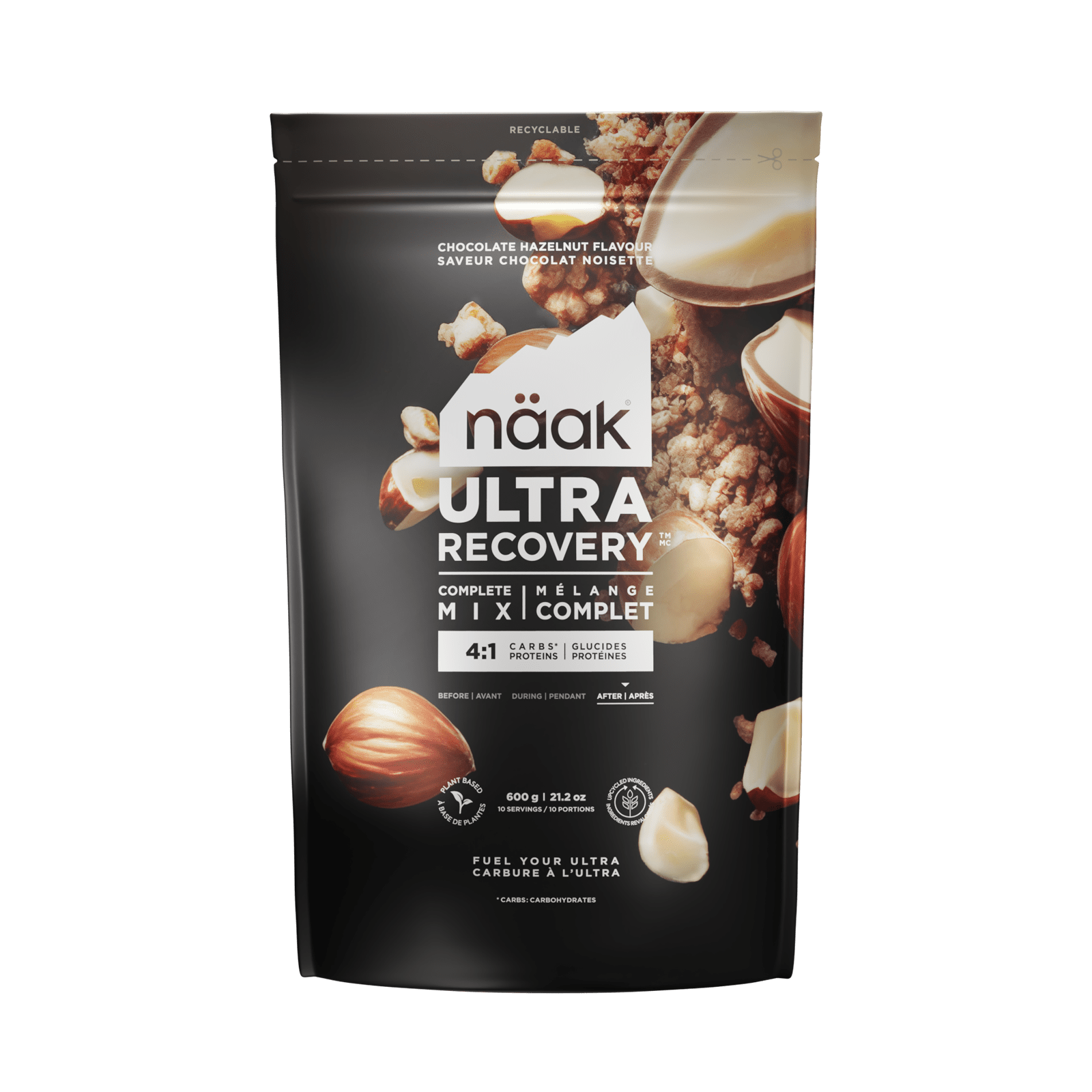
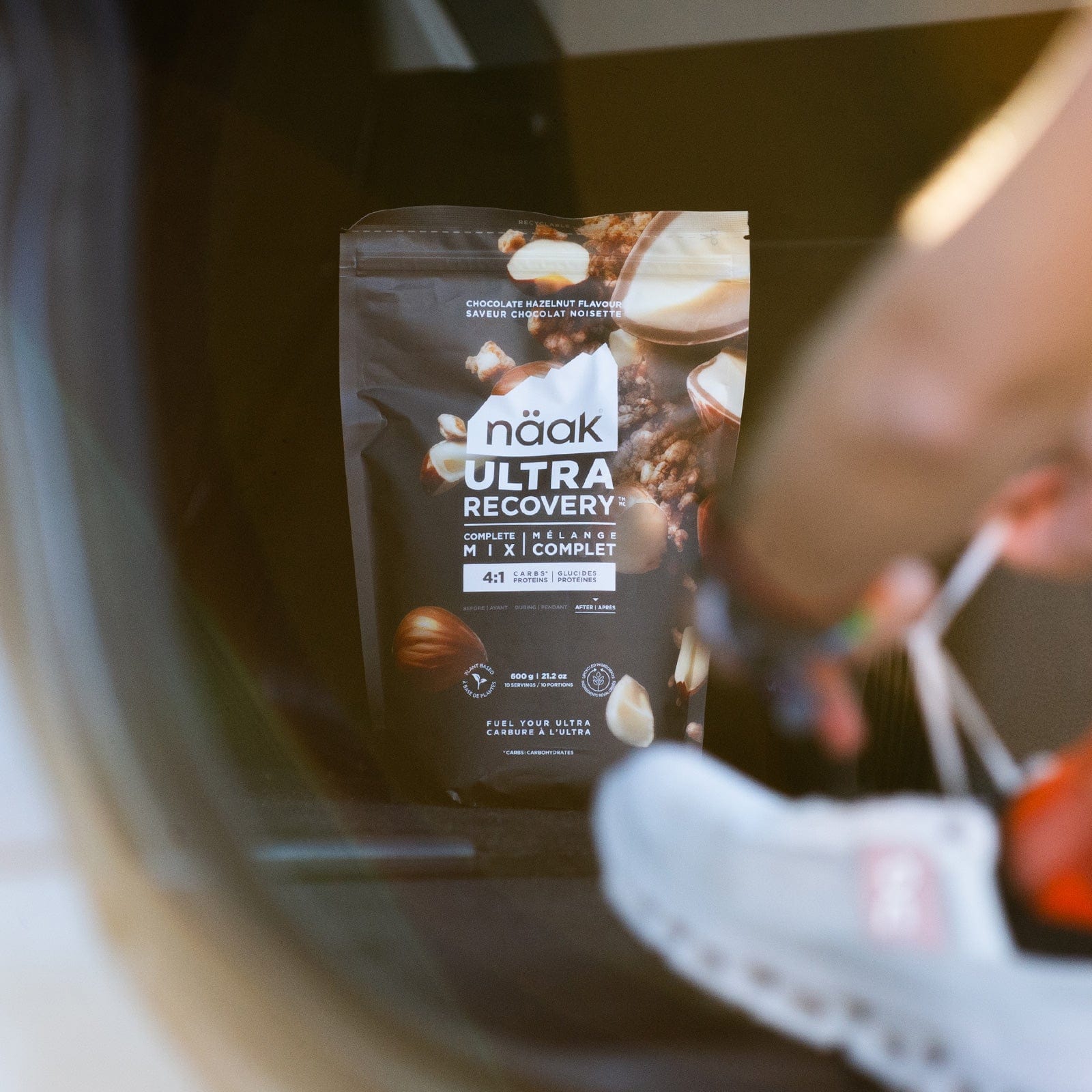
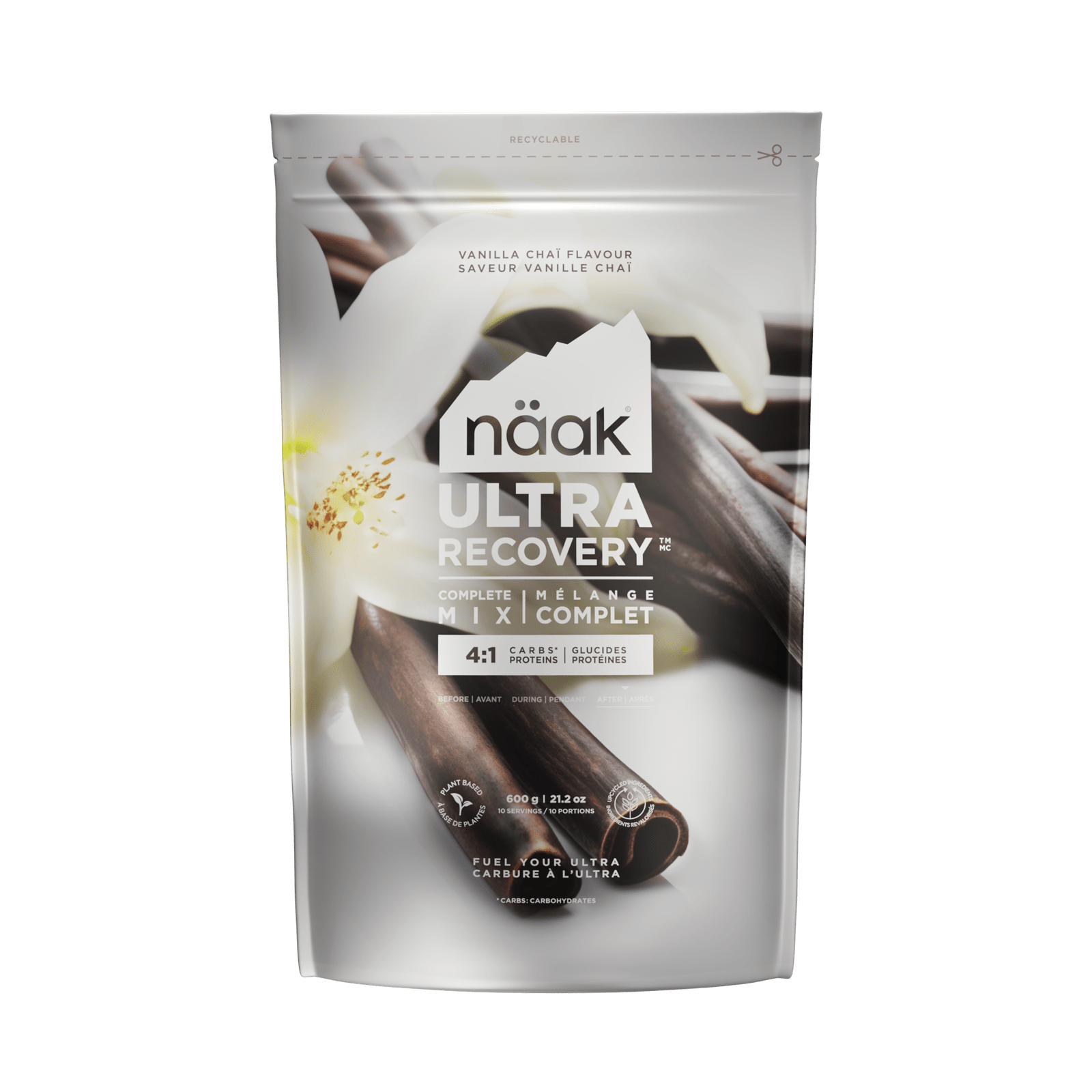
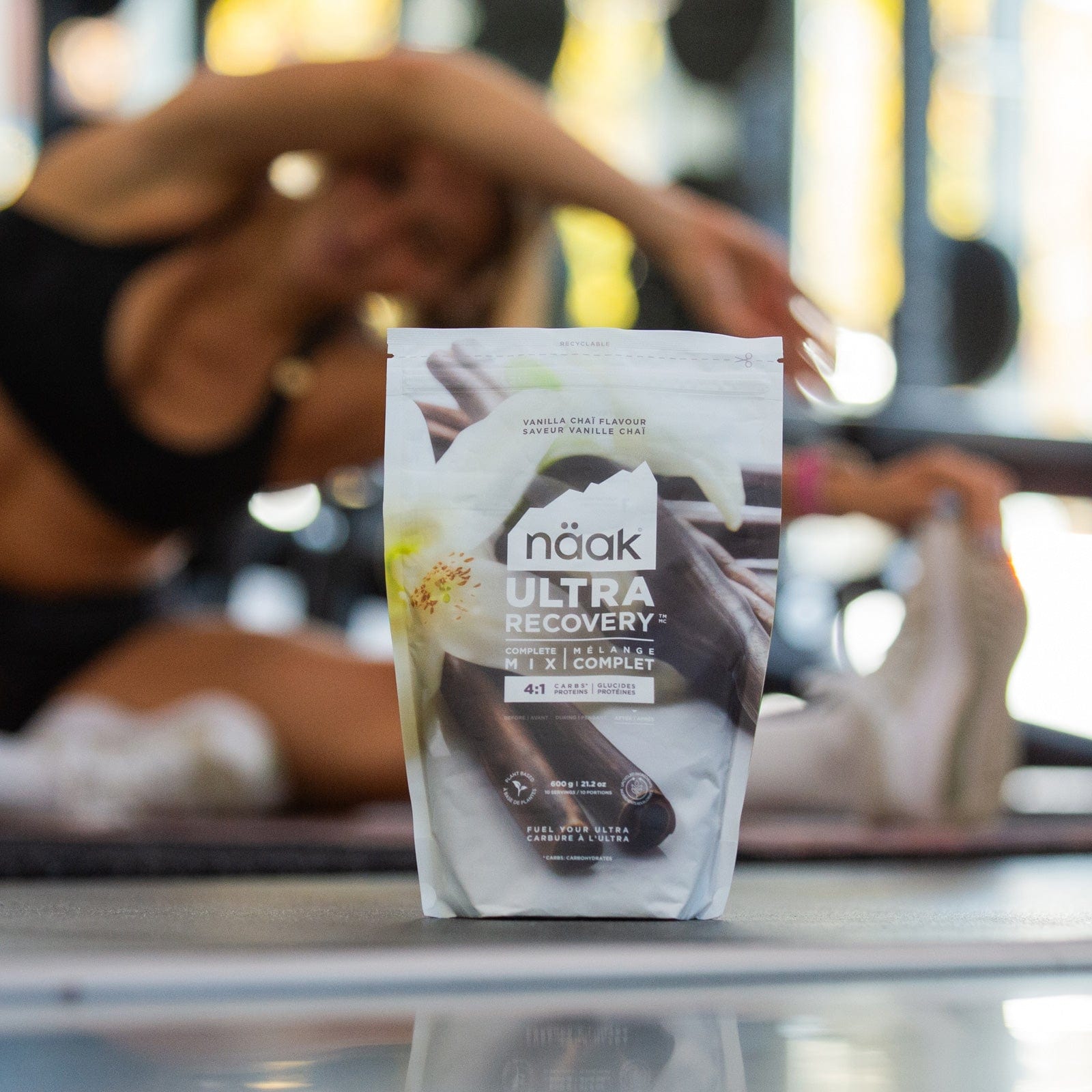


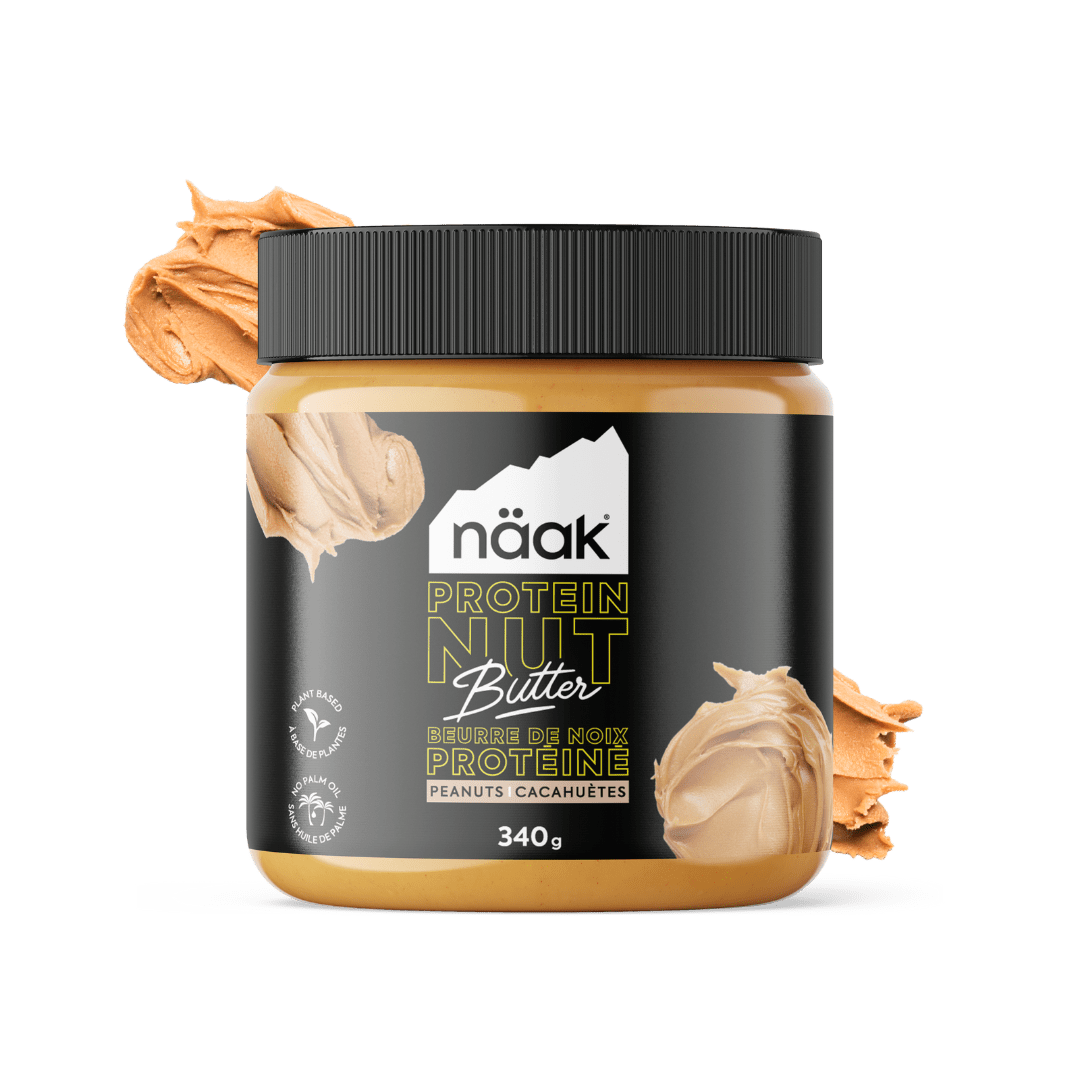
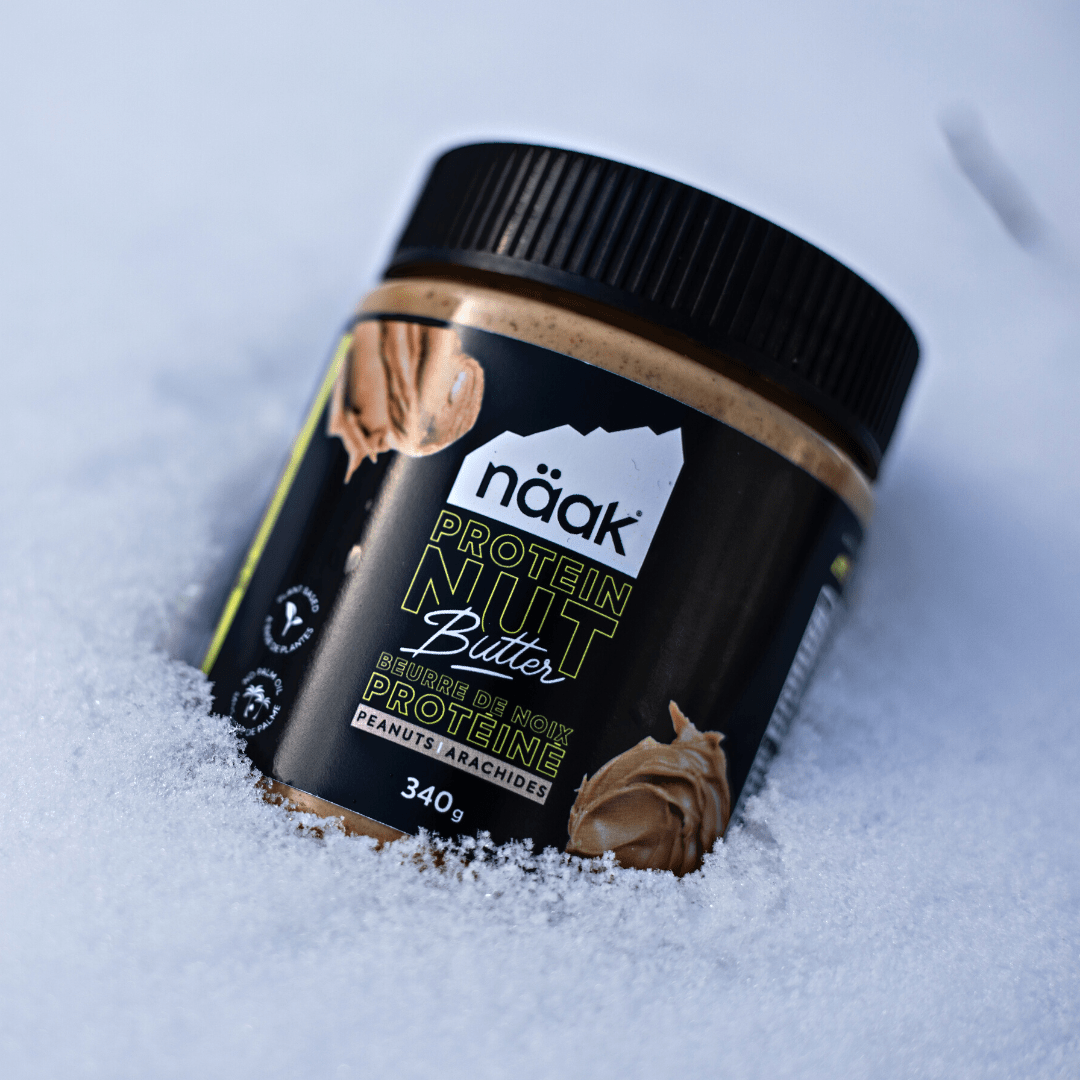
Leave a comment (all fields required)